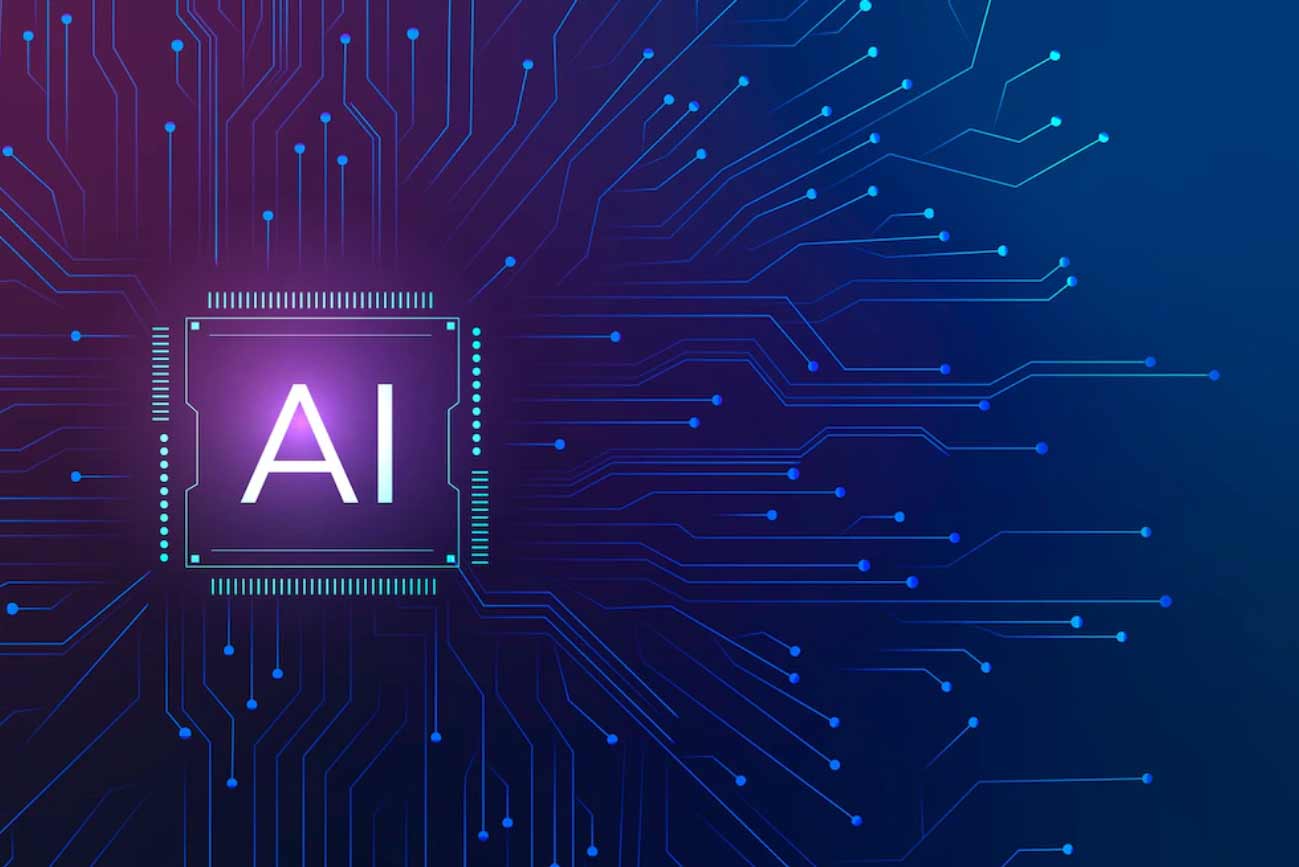One of the benefits that AI offers is the ability to simplify educational processes. For instance, through an
AI content detector, instructors can customize lessons for each student's unique needs, and students can work at their own pace.
However, there are many concerns and questions about how AI may affect social equality in schools and how it may create a one-size-fits-all approach to teaching. Despite the challenges, AI offers many potential advantages in children's education.
The exciting promise of AI is that it can leverage data and innovate technologies faster than ever, providing a brand-new frontier for teachers and students to explore.

